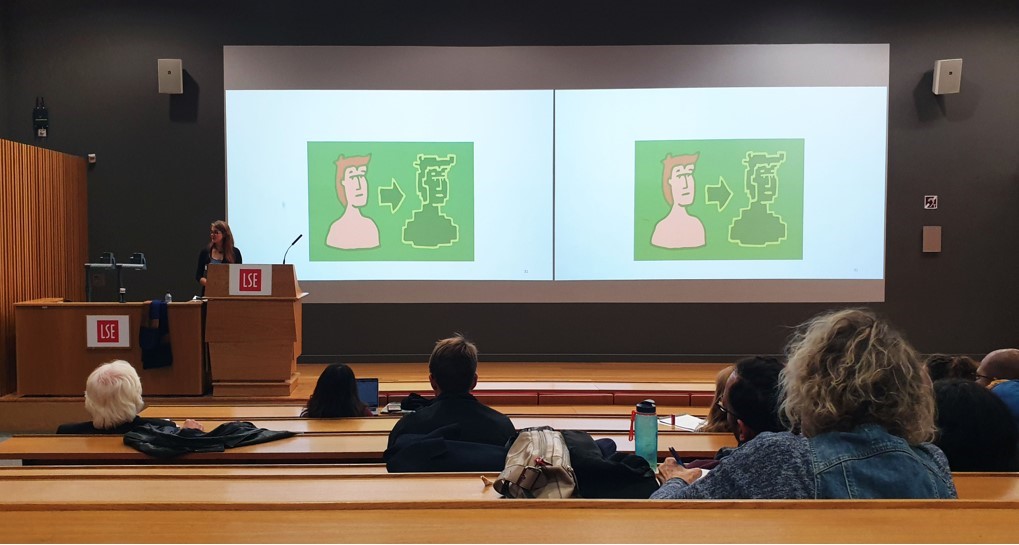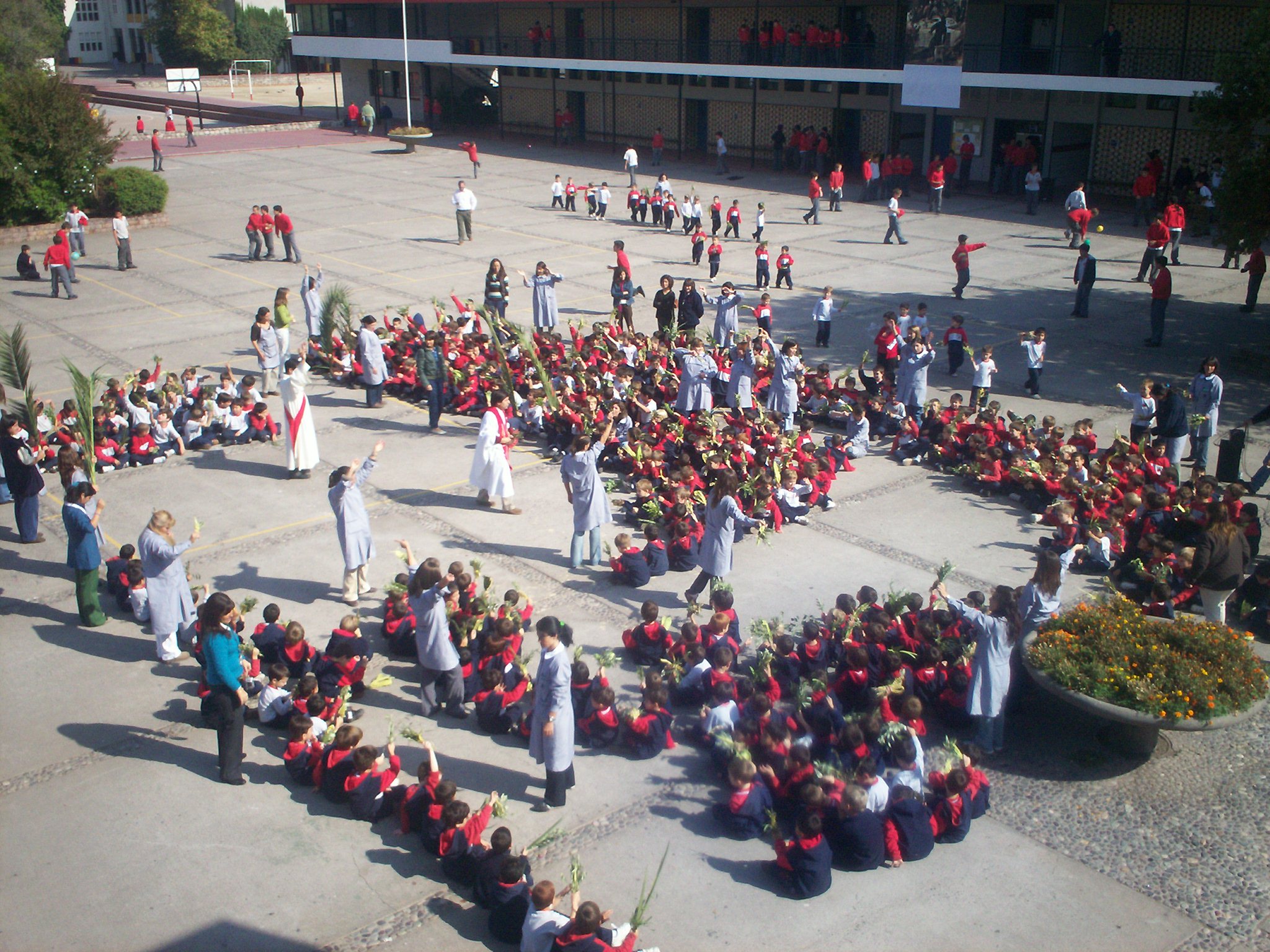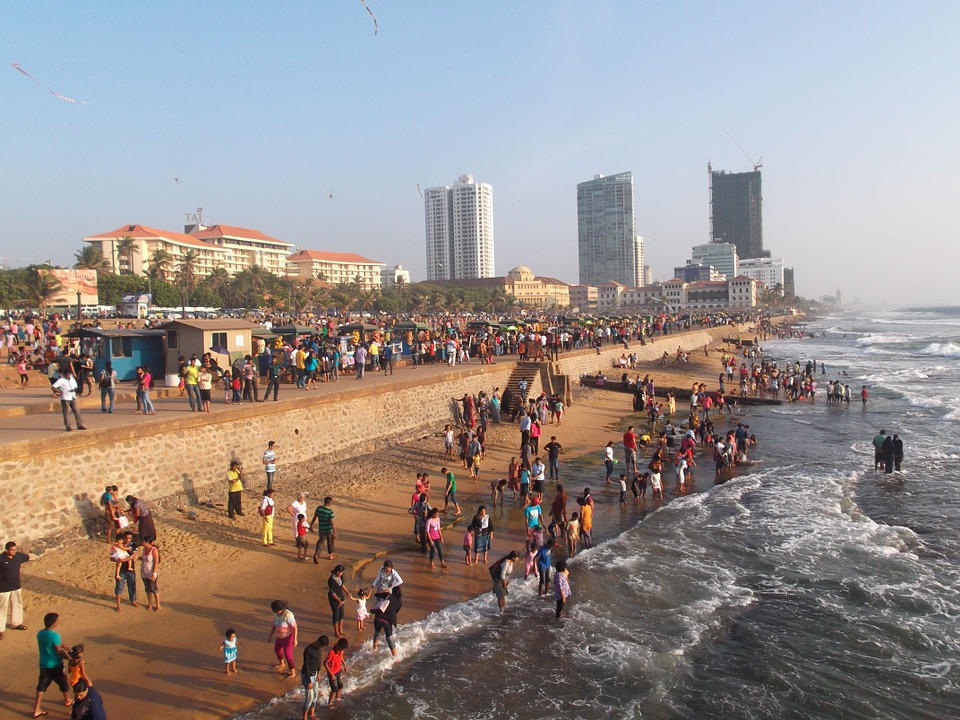In response to a recent article by Professor Jean-Paul Faguet on the collapse of the Western-imposed government in Afghanistan, Associate Professor in the Department of International Development Rajesh Venugopal scrutinises how interventionist state-building projects are understood and measured. This article is part of a series on the ID blog, ‘Afghanistan: After the fall‘.
What are the implications of recent events in Afghanistan for development theory and practice? My colleague Jean-Paul Faguet has written an important and thought provoking piece on what this means for the possibility of democracy and externally engineered change. I agree with JP (as I often do) on most of what he says, but have a few points to raise:
Was it democracy that failed?
It wasn’t democracy that collapsed as such in Afghanistan, but the larger project of state-building that it was embedded in. As in Kosovo, Cambodia, Sierra Leone, D.R. Congo, or Timor Leste, the task that the development industry was charged with in Afghanistan was to reconstruct national governance institutions in the aftermath of protracted violent conflict and mass displacement. This task of ‘fixing failed states’ and reconstructing model liberal democracies was a task that Ashraf Ghani himself famously wrote about. It was always going to be a tall ask, not least in Afghanistan, where the state has historically been weak, and has struggled to extend its authority beyond Kabul. Democracy was a component of these new ‘flat-pack’ states built under international expertise, and Afghanistan was not the only one which emerged under weak authority, fiscal autonomy, or territorial control.
Was it about democracy?
Western intervention in Afghanistan was not about enforcing democracy, but about protecting western security in the aftermath of 9/11. That larger goal required the establishment of a stable, pro-western regime in Kabul. Democracy had an important role to stabilise the new state, providing it with domestic and international legitimacy. It is another matter, of course, that this did not work out as planned: electoral democracy is often destabilising in fragile institutional contexts. It fuelled popular resentment by empowering warlords and generating a vast machine of clientelist corruption. Electoral democracy in Afghanistan had all of these flaws, and also some successes – but its birth and death had little to do any of that. It could have lived on, warts and all, as many imperfect democracies have done for decades. But instead, it ended, as it began, entirely as the by-product of a military decision taken by the US President.
Did democracy actually fail?
Finally, a pet peeve. In impact evaluation, there is something called a ‘counterfeit counterfactual’. The success or failure of a policy intervention, big or small, shouldn’t be judged on the basis of before-after comparisons, based on the achievement of self-declared targets that may be totally unrealistic. Bruno Latour describes how ‘projects don’t fail, they are failed’. Success or failure can be very arbitrary binary designations based on what outsiders expect to see. The measurement metrics, goal-posts, and cut-off dates they use are as foreign and irrelevant to ground realities as the institutions they are judging. So, in response to the idea that democracy failed in Afghanistan, I would say: is that the right question to ask?
The views expressed in this post are those of the author and in no way reflect those of the International Development LSE blog or the London School of Economics and Political Science. Photo credit: SiarFisher on Wikimedia Commons.






I do not think that Ashraf Ghani hadn’t been adamant on dispensing the role of an abettor in the downfall of his government but contrarily it was way too rapacious and contemptible for him to have airs and graces for his countrymen. It is solely he who should run the gauntlet for gambling the sovereignty of his nation.